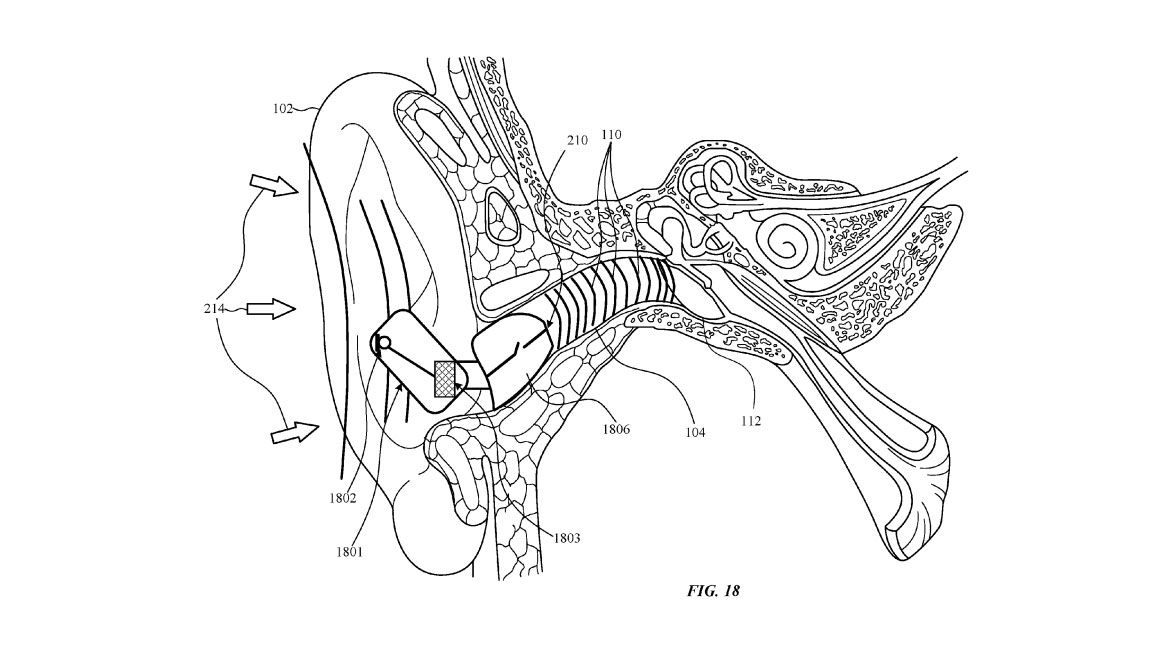This AI can hunt down old solutions to new problems
Combing through databases of inventions

Humankind has generated a lot of useless inventions over the years. From shoe umbrellas to handerpants, our capacity for creation seems to be greater than our capacity to solve real-world problems.
So it's probably for the best that we're turning over the task of invention to machines. Artificial intelligence is already hard at work at discovering new chemicals, materials and metal alloys.
But some people believe there might still be some gold left in humanity's pile of underused patents. Which is why computer scientists at Carnegie Mellon University and the Hebrew University of Jerusalem are working on a way to let computers mine old databases of patents and inventions to find ideas that can be repurposed to solve new problems.
Analogies
The goal is to teach a computer system to find "analogies" - comparisons between different methods and problems that showcase their similarities. That's not an easy task, even for humans. But by combining crowdsourcing and deep learning techniques, the team believe that they've made a breakthrough.
They devised a system where an army of volunteers hired through Amazon's Mechanical Turk looked for products that had similar purposes or descriptions in Quirky.com's product catalogue. Based on that data, they were able to teach a computer to do the same task - identifying analogies between seemingly-disparate products.
"After decades of attempts, this is the first time that anyone has gained traction computationally on the analogy problem at scale," said Aniket Kittur, associate professor in CMU's Human-Computer Interaction Institute, who worked on the system.
Same Principle
They now hope that the same principle could be applied to patents and inventions. "Once you can search for analogies, you can really crank up the speed of innovation," added Dafna Shahaf, a CMU alumnus and a computer scientist at Hebrew University, who also contributed to the research.
Get daily insight, inspiration and deals in your inbox
Sign up for breaking news, reviews, opinion, top tech deals, and more.
"If you can accelerate the rate of innovation, that solves a lot of other problems downstream."
The research team will present its findings on Thursday, Aug. 17, at KDD 2017, the Conference on Knowledge Discovery and Data Mining, in Halifax, Nova Scotia.
